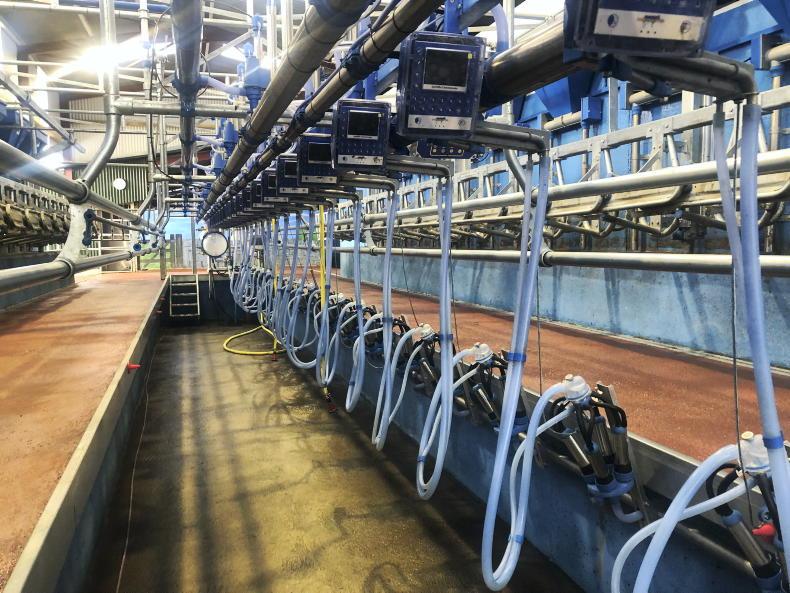Uncertainty and lack of clarity regarding the impact of the Dutch government’s nitrogen plans on dairy farmers has led Rabobank to downgrade the risk profile of its domestic dairy loan book.
The move, reported in the bank’s interim financial statement, sees the €10.2 billion loan book being migrated to what is termed stage 2 and known as vulnerable.
This means a lifetime expected credit loss is taken, despite substantial government support packages being made available. In connection with the nitrogen reduction targets for the Dutch agricultural sector, not just dairy, a management adjustment of €76 million was recognised as of 30 June.
Preliminary classification
“Dairy NL has preliminary been classified as vulnerable,” said Rabobank. “This is a preliminary classification, which has been made for prudency reasons and is due to the high level of uncertainty of the impact that the nitrogen plans will have on the Dutch food and agri portfolio,” said the bank.
Rabobank’s Dairy loan book in the Netherlands is 26% of the banks Dutch Food and Agri loan book. Within the food and agri sector, the pork and floriculture sectors were also downgraded.
Vulnerable sectors
Vulnerable sectors are considered to have a significant increase in credit risk and/or a material increase in uncertainty.
The classification of a sector as vulnerable is based on an in-depth analysis of the potential impact on its relative strength and outlook.
“In practice, this measurement does not mean anything right away: we will continue lending and there will be no increased interest rates,” a Rabobank spokesperson confirmed to the Irish Farmers Journal.
Rabobank has said that further impact and scenario analyses will be performed in the upcoming months as the nitrogen plans and available government support packages become clearer.
At the same time as dairy has been downgraded, Rabobank has upgraded most pandemic-related vulnerable sectors such as hospitality and arts and entertainment.
Overall, 4.9% of the private sector loan portfolio of €433bn was classified as vulnerable as of June 30, 2022, 2.3% of which was dairy.
Comment
Rabobank’s downgrading of its Dairy loan book may become set the bar for climate transition risk in both the financial and the livestock farming sectors. There are sage lessons here Ireland.
No clear plan exists on how farming will meet the legally binding emissions reductions. There is also no certainty that Ireland’s nitrates derogation will be retained. Expansion of the dairy herd continues.
In the absence of a clear and concrete national plan, each additional cow increases the risk to the existing herd and its future potential.
This is where the Dutch and Irish scenarios are similar. Lack of clarity and ambiguity only heightens climate transition risk, as seen in the Netherlands. Rabobank’s action shows that at some point that risk starts to crystallise.






 This is a subscriber-only article
This is a subscriber-only article











SHARING OPTIONS: